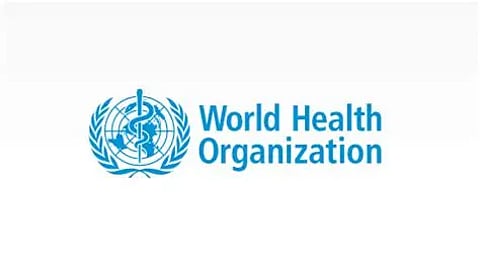

The World Health Organization (WHO) is set to recommend the use of weight-loss drugs to manage obesity in adults, according to its newly released draft guidance. The WHO’s expert committee has concluded that the widely used GLP-1 drugs—originally developed by Novo Nordisk and Eli Lilly—can play a crucial role in the long-term treatment of obesity in patients with a body mass index (BMI) of 30 or higher, when used alongside counselling on lifestyle and behavioural changes.
The draft guidelines emphasize that obesity should no longer be viewed merely as a lifestyle issue. Instead, the WHO describes it as a “chronic, progressive and relapsing disease” affecting more than 1 billion people globally, across both high- and low-income countries, and contributing to millions of preventable deaths.
By recommending the use of these drugs for obesity for the first time, the WHO calls this a critical step toward establishing a global standard of care. It is also preparing separate guidelines for children and adolescents.
Currently, while the draft guidelines apply to those with a BMI above 30, some high-income countries such as the United States already recommend these medications for people with a BMI of 27–30 with at least one weight-related health condition.
Earlier this month, the WHO chose not to include these drugs as obesity treatments in its essential medicines list, a catalogue of drugs that should be available in all functional health systems. However, it did add them for patients with Type 2 Diabetes who also have another health condition. The agency noted that this decision highlights which patients would benefit most from these therapies, while also cautioning that high prices are limiting access to these medicines in low- and middle-income countries.